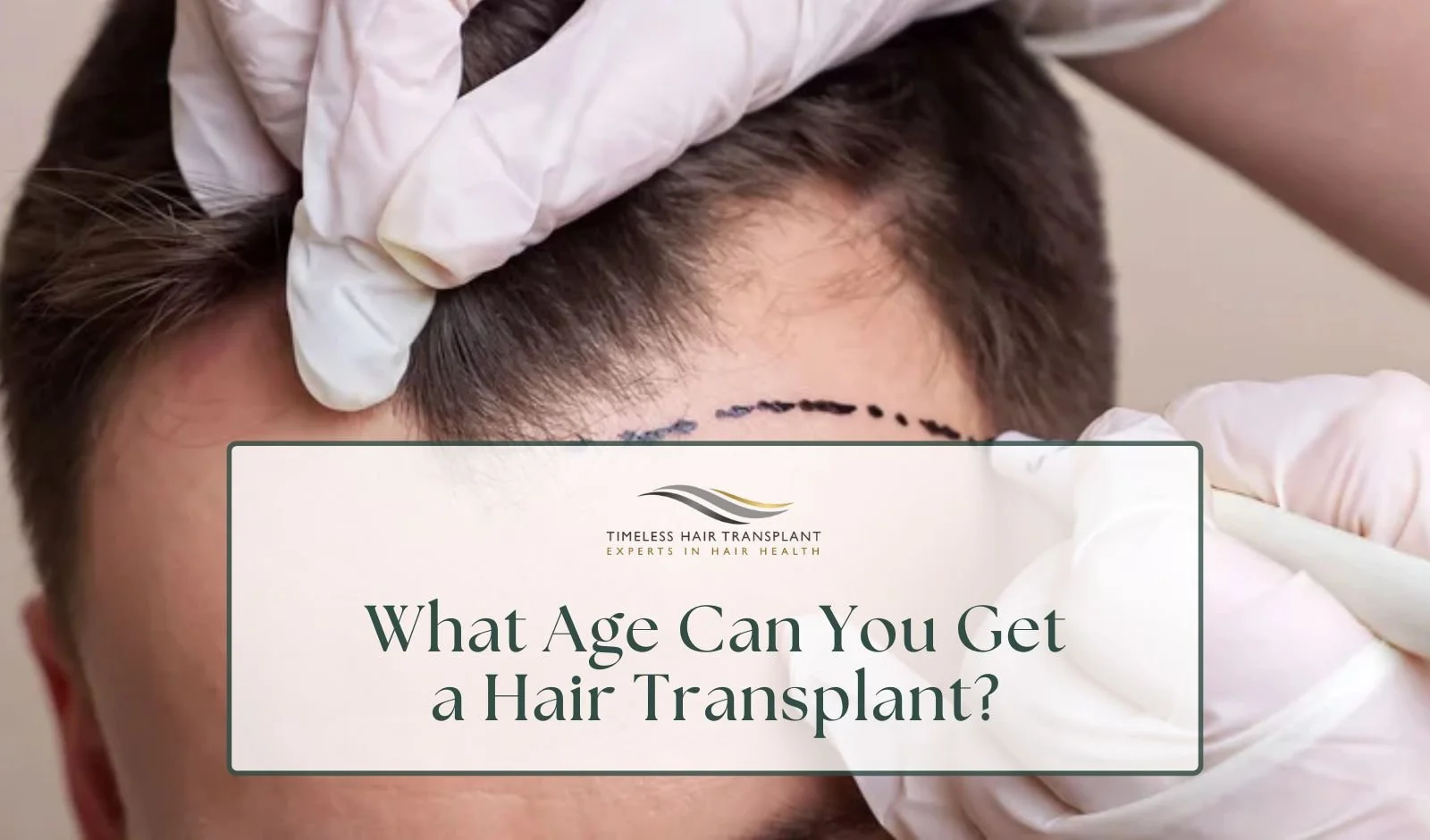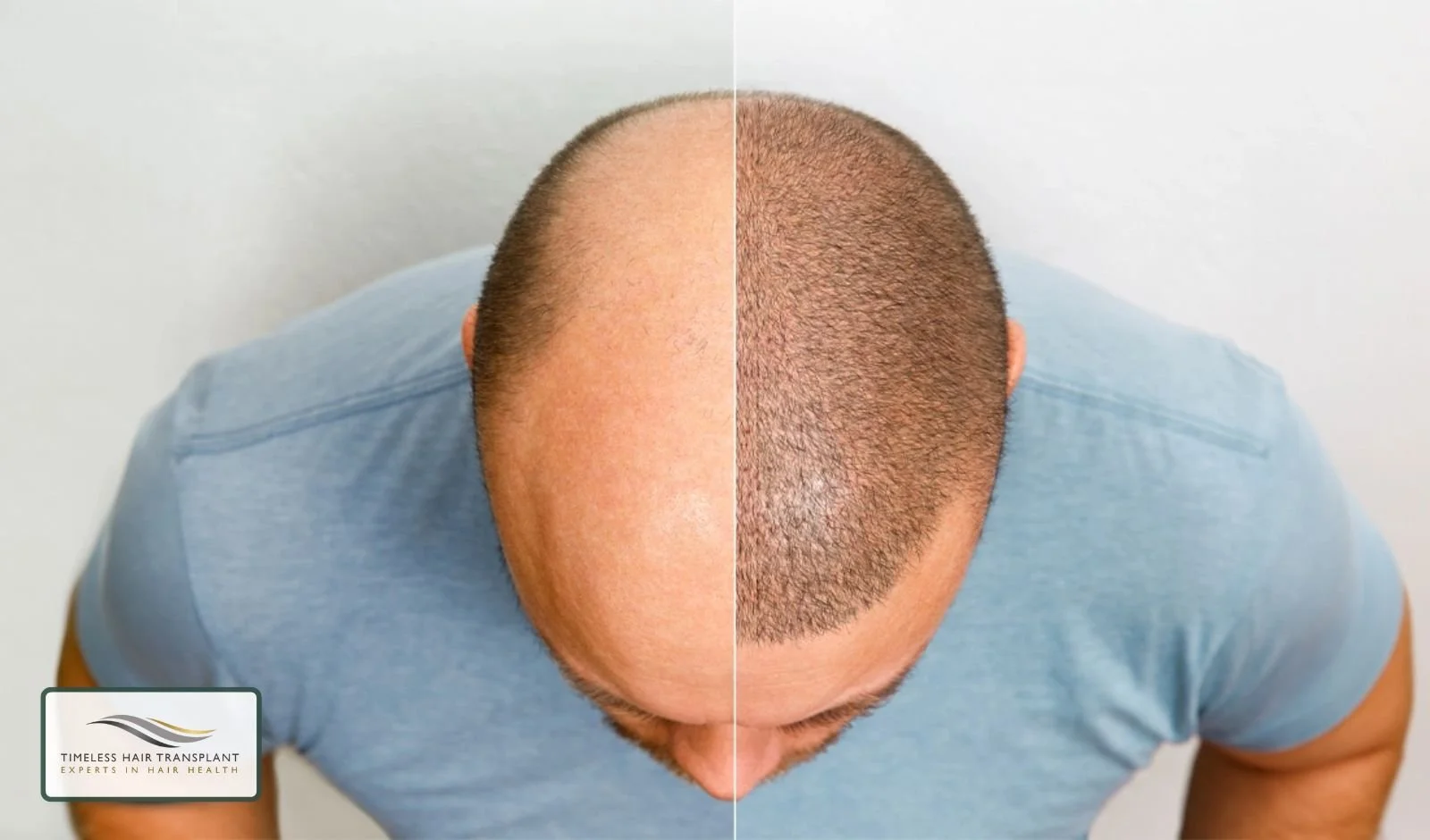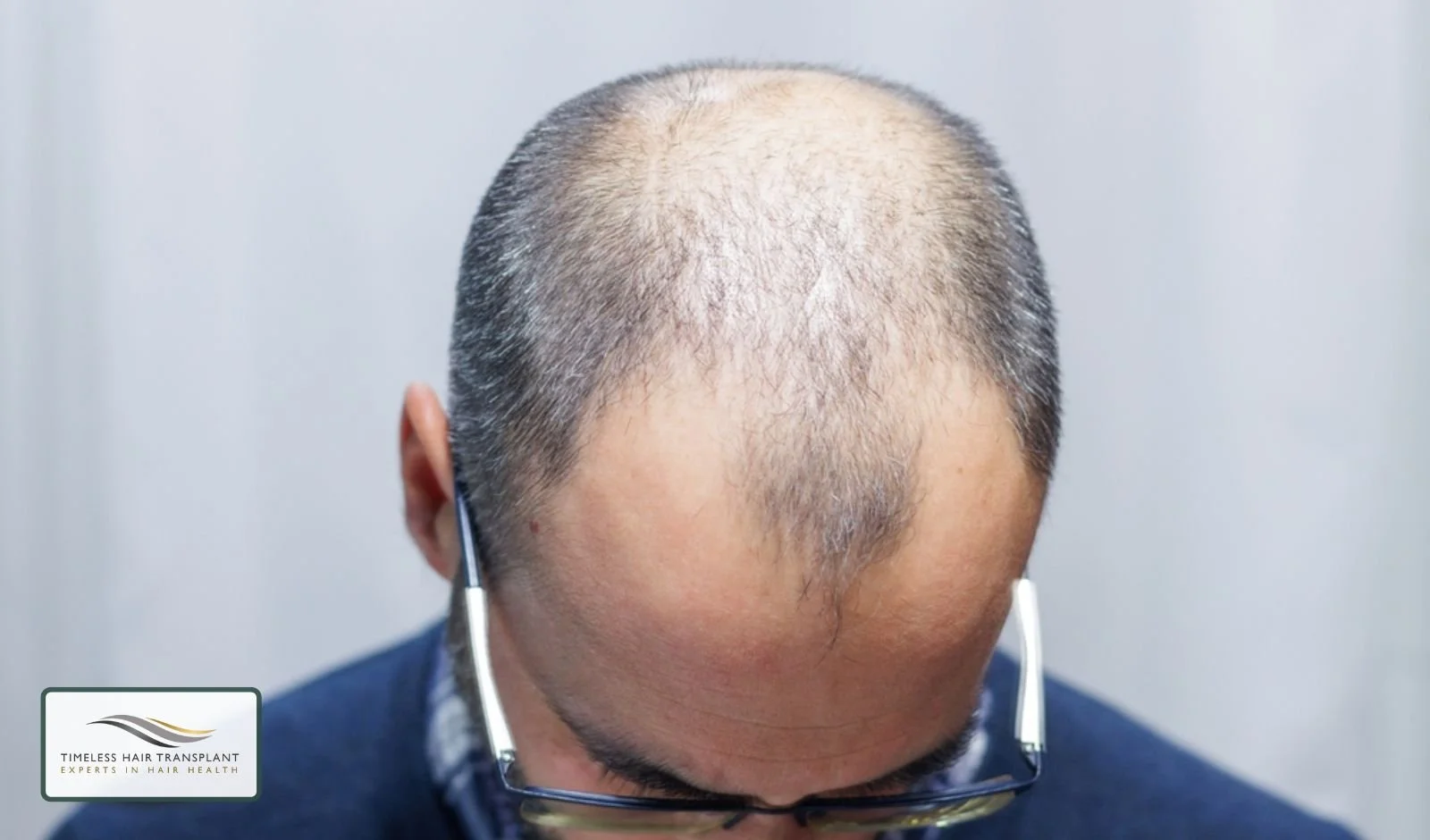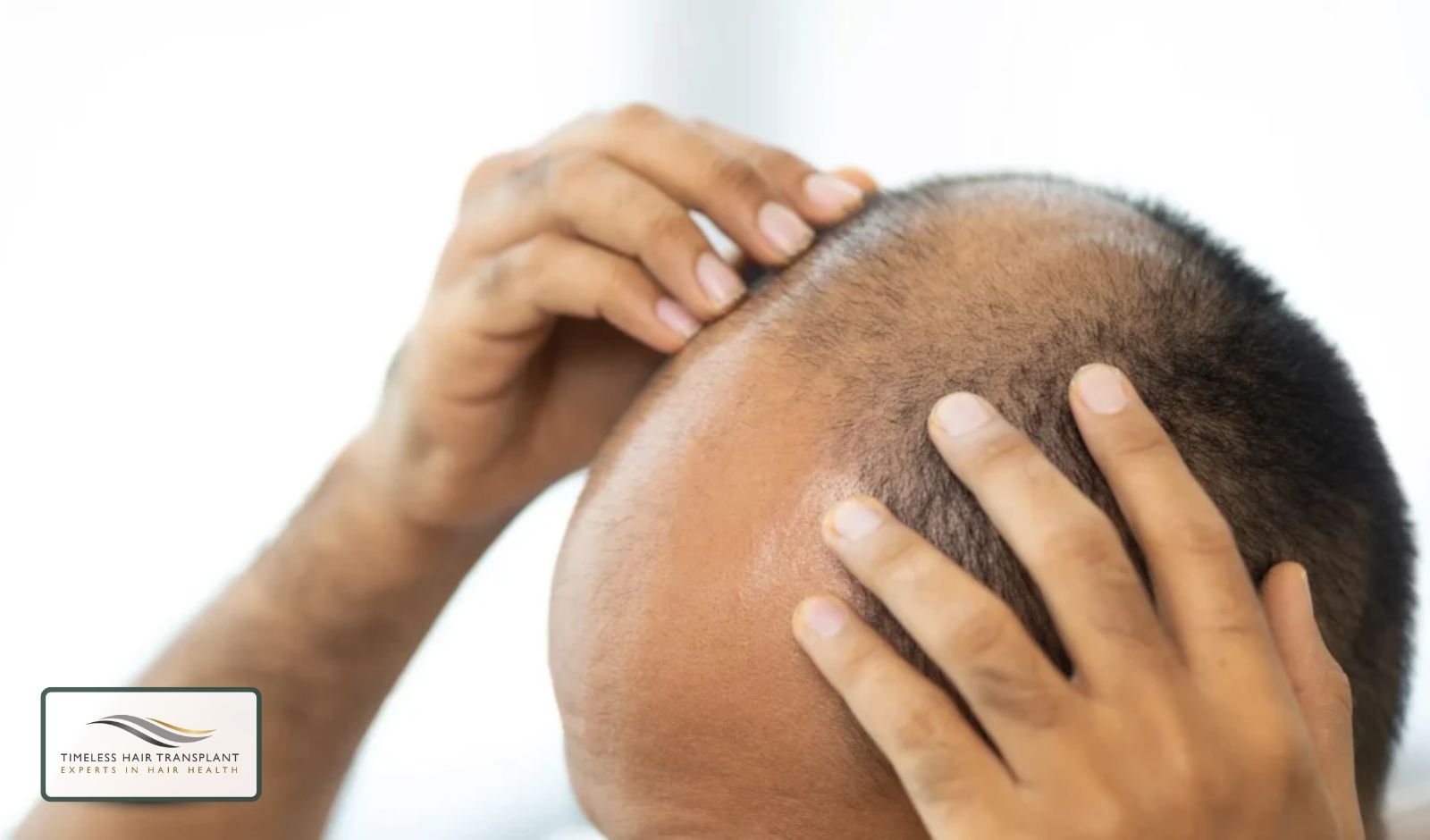What Age Can You Get a Hair Transplant?
If you’re thinking about hair restoration, it’s natural to wonder whether your age plays a role in the timing and success of the procedure. Many first-time patients ask if they’re too young to start treatment, or if they may be too old to see meaningful results.
The truth is, age does matter, but it’s only one piece of the puzzle. Surgeons typically look at factors such as the stability of your hair loss, the quality of your donor area, and your overall health before recommending a procedure. Understanding how age influences candidacy can help you make a confident, informed decision about when the right time might be for you.
What Is a Hair Transplant?
A hair transplant is a surgical procedure that relocates healthy hair follicles from one area of the scalp, usually the donor area at the back or sides, to bald areas or thinning regions. The goal is to restore natural hair growth and improve overall hair density and appearance.
Hair transplant surgery is especially effective in treating male pattern baldness, though it’s also suitable for individuals experiencing thinning hair due to age, genetics, or certain medical conditions.
There are two primary techniques used:
FUE (Follicular Unit Extraction): This involves extracting individual hair follicles from the donor site and placing them in the recipient area. A FUE hair transplant is minimally invasive and leaves tiny, dot-like scars that heal quickly.
FUT (Follicular Unit Transplantation): In this method, a small strip of skin is removed from the donor area. The strip is then dissected into follicular units, which are transplanted into the balding area. FUT is often recommended when a larger number of grafts are needed.
Both techniques can produce excellent results when performed by skilled professionals and are chosen based on the individual's needs, the extent of hair loss, and donor hair availability.
What’s the Best Age for a Hair Transplant?
There’s no one-size-fits-all answer when it comes to the ideal age for a hair transplant, but most experts agree on one key point: the procedure should be done when your hair loss has stabilized.
Here’s a general guideline by age group:
Early 20s
If you’re in your early 20s, it's generally advisable to wait. Hair loss at a young age can be unpredictable, and transplanting too soon may result in unnatural-looking outcomes over time. As the hairline continues to recede, the transplanted hair may stay in place, while the surrounding hair continues to thin.
Why waiting is important:
Your receding hairline may change, requiring more surgeries later.
Premature treatment can lead to poor distribution of transplanted hair.
The full extent of hair loss is harder to predict at this stage.
Mid to Late 20s and Early 30s
This is often the most suitable time for many patients. By the age of 25, hair loss patterns become clearer, and surgeons can make better decisions about where to place hair grafts for long-term, natural results.
40s and Beyond
People in their 40s, 50s, and even 60s often make excellent candidates for a hair transplant procedure, especially if they have sufficient donor hair and good general health. By this age, hair loss has typically stabilized, making it easier to plan a long-term strategy.
How Do You Know If You’re Ready?
You might be ready to consider hair transplant surgery if:
Your hair loss has stabilized over time.
You have a sufficient amount of donor hair.
You’re in good physical health with no medical conditions affecting hair growth.
You have realistic expectations about hair transplant results.
You’ve consulted with a specialist and understand the benefits and limitations.
It’s important to remember that a hair transplant is a personal decision, and what’s right for one person may not be ideal for another. At Timeless Hair Transplant, our experts look beyond age alone, taking into account your goals, hair condition, and long-term needs to recommend the most effective solution for you.
Why Choose Timeless Hair Transplant?
Choosing the right clinic is just as important as choosing the right time for your procedure. Timeless Hair Transplant stands out for its skilled surgeon trained in both FUE and FUT, personalised consultations based on your age, goals, and hair condition, transparent pricing, and a reputation for natural, long-term results.
When it comes to the ideal age, most specialists recommend waiting until hair loss has stabilised, usually around 25 or older, but age isn’t the only factor. Donor hair quality, overall health, and the extent of hair loss matter too. Whatever your stage, working with an experienced team like Timeless Hair Transplant ensures you get care tailored to your unique needs.
Ready to take the next step? Call us today at +44 (0) 7516294471 to schedule your consultation and start your journey toward fuller, natural-looking hair.
FAQs: Age and Hair Transplants
-
Most professionals recommend waiting until at least the age of 25, when patterns of hair loss become more predictable.
-
Not necessarily. Success depends more on your donor area quality and overall health than your age.
-
Yes. If you continue to experience hair loss, you may need additional sessions in the future to maintain natural-looking coverage.
-
Treatments such as PRP (Platelet-Rich Plasma), medications like minoxidil, and nutritional support can slow down thinning hair and enhance hair growth.





